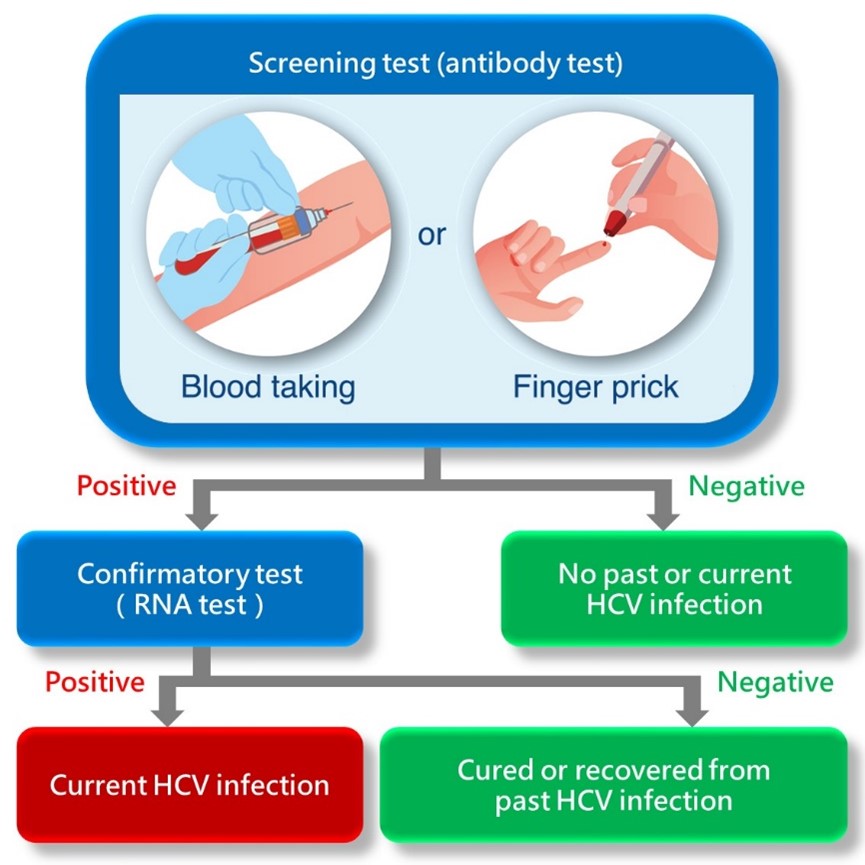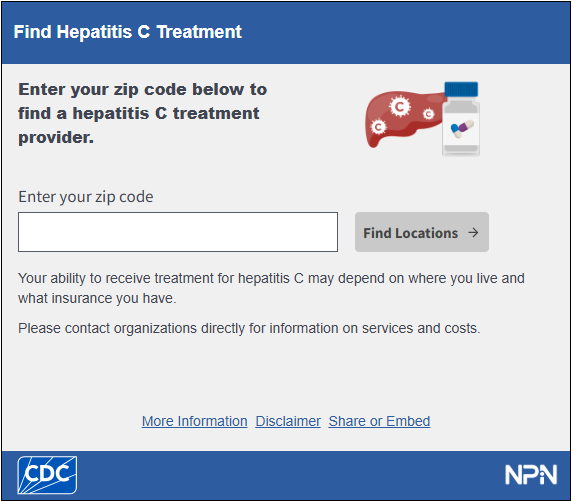Hepatitis C (HCV)
What is Hepatitis C?
Hepatitis C (HCV) is a virus that affects your liver. Many people don’t feel sick at first, but over time it can cause serious liver problems, including cirrhosis or liver cancer. The good news: HCV is treatable and curable. Contact HealthSource’s Clinical Pharmacists to learn more about testing and treatment at 513-732-0870 ext. 3131.











